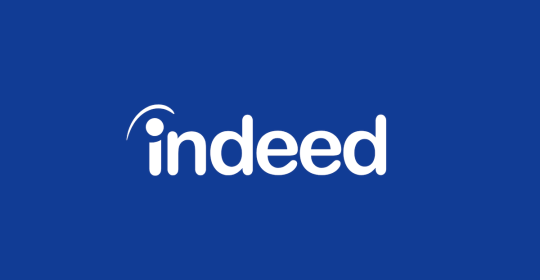UK webinar taking place 28th June 2011 to reveal this year’s findings and to explain how businesses can add millions to their bottom line
London, 27th June 2011 – SHL, a global leader in talent management, has released its fifth annual Business Outcomes Study, demonstrating the impact organisations realise from using People Intelligence information to make informed business decisions to achieve positive results. The report reflects the findings of individual business outcome studies conducted for 47 clients across a wide range of job types and industries – from hourly to managerial employees across sectors including healthcare, retail and telecommunications.
Today’s market pressures mean that demands placed on organisational performance are at an all-time high, making it more important than ever to have the right workforce in place to drive positive results company-wide – from sales and customer service, to production and executive management,” stated David Leigh, CEO SHL. “Our findings clearly show that those organisations that leverage People Intelligence solutions for recruiting, retaining and developing top talent typically meet or exceed their internal performance goals.
This year’s report found that 83% of the studies conducted had a favourable or very favourable outcome, with each assessment solution demonstrating a strong and measurable impact on most or all of the firms’ performance metrics. Sample findings from the report include:
- Customer-focused staff at technology retailer increased sales by £100 million
- Telecommunications enterprise reduces turnover by 18% within 6 months
- High scoring front-line managers across a variety of operational, professional and technical roles have 53% greater likelihood of advancement at transportation firm
- Managers at retail organisation provide 15% more sales and add $1.9 million to the bottom line in just 6 months
- Insurance agents at financial services firm increase sales by 150%
- High-scoring managers drive £37 million more in sales
Year over year we have evaluated the impact that employee assessments have had on our bottom line, said Karen Wade, Program Manager of Talent Acquisition for T-Mobile. Since 2005 alone, we have realised a 30% reduction in turnover, which represents $5 million in annual turnover cost savings. The data we gather through our ongoing business outcome studies helps us optimise our talent assessment system while ensuring it evolves with our ever-changing business needs.
The 2011 report also includes a forecast for employee testing, examining the value of multimedia assessments (those that use audio, video, and/or animation to simulate real-world scenarios for a particular role), as well as the future of structured interviewing, remote and mobile assessments, assessment integration into applicant tracking systems, and more. This section of the report explores whether these new and emerging technologies can enhance the assessment experience for organisations and candidates and more importantly, to what degree they predict job success.
To request a copy of the Business Outcomes Study, please visit: http://www.shl.com/Campaign/BOSreport/default.aspx
To register for the UK webinar, please visit: https://www2.gotomeeting.com/register/895180683






